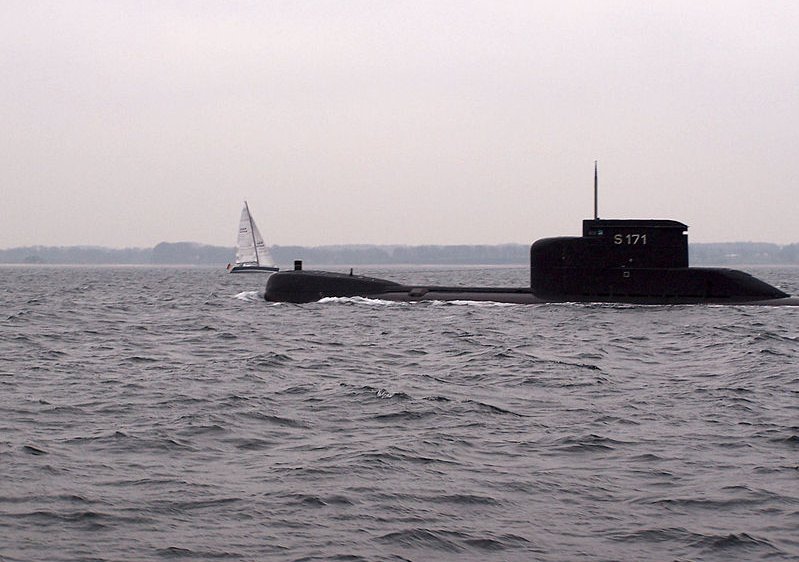For pretty much any position you could name, if you mapped the libertarian opinion on it, diametrically opposed on the chart you’d find Rick Santorum. Gene Healy explains why there’s no libertarian case for voting Santorum:
To borrow from Mitt’s rhetorical stylings, I’m not severely conservative, but I do have a case of Stage IV libertarianism. And anyone who shares that condition will find Santorum’s rise particularly vexing. The former senator from Pennsylvania is libertarianism’s sweater-vested arch-nemesis.
In a Pennsylvania Press Club luncheon in Harrisburg last summer, Santorum declared, “I am not a libertarian, and I fight very strongly against libertarian influence within the Republican Party and the conservative movement.”
In that regard, Santorum has a pretty impressive record. By voting for the No Child Left Behind Act, he helped give President Obama the power to micromanage the nation’s schools from Washington; and by supporting a prescription drug entitlement for Medicare, he helped saddle the taxpayers with a $16 trillion unfunded liability.
Santorum voted for the 2005 “bridge to nowhere” highway bill, has backed an expanded national service program, and his compassionate conservatism has the Bono seal of approval: “On our issues, he has been a defender of the most vulnerable.” Rick Santorum: He’s from the government, and he’s here to help.
[. . .]
A recent Time magazine symposium asked leading thinkers on the Right, “What Is Conservatism?” Anti-tax advocate Grover Norquist offered this answer: “Conservatives ask only one thing of the government. They wish to be left alone.”
Tell that to Santorum, whose agenda rests on meddling with other people, sometimes with laws, sometimes with aircraft carrier groups.
“This idea that people should be left alone, be able to do whatever they want to do,” Santorum complained to NPR in 2006, “that we shouldn’t get involved in the bedroom, we shouldn’t get involved in cultural issues … that is not how traditional conservatives view the world.”




